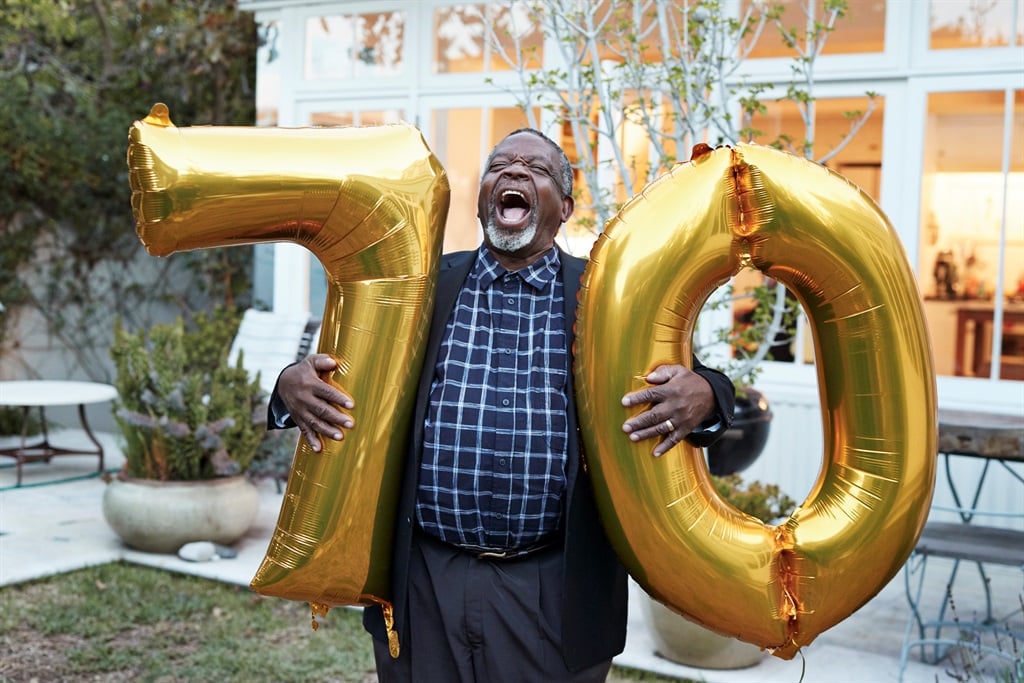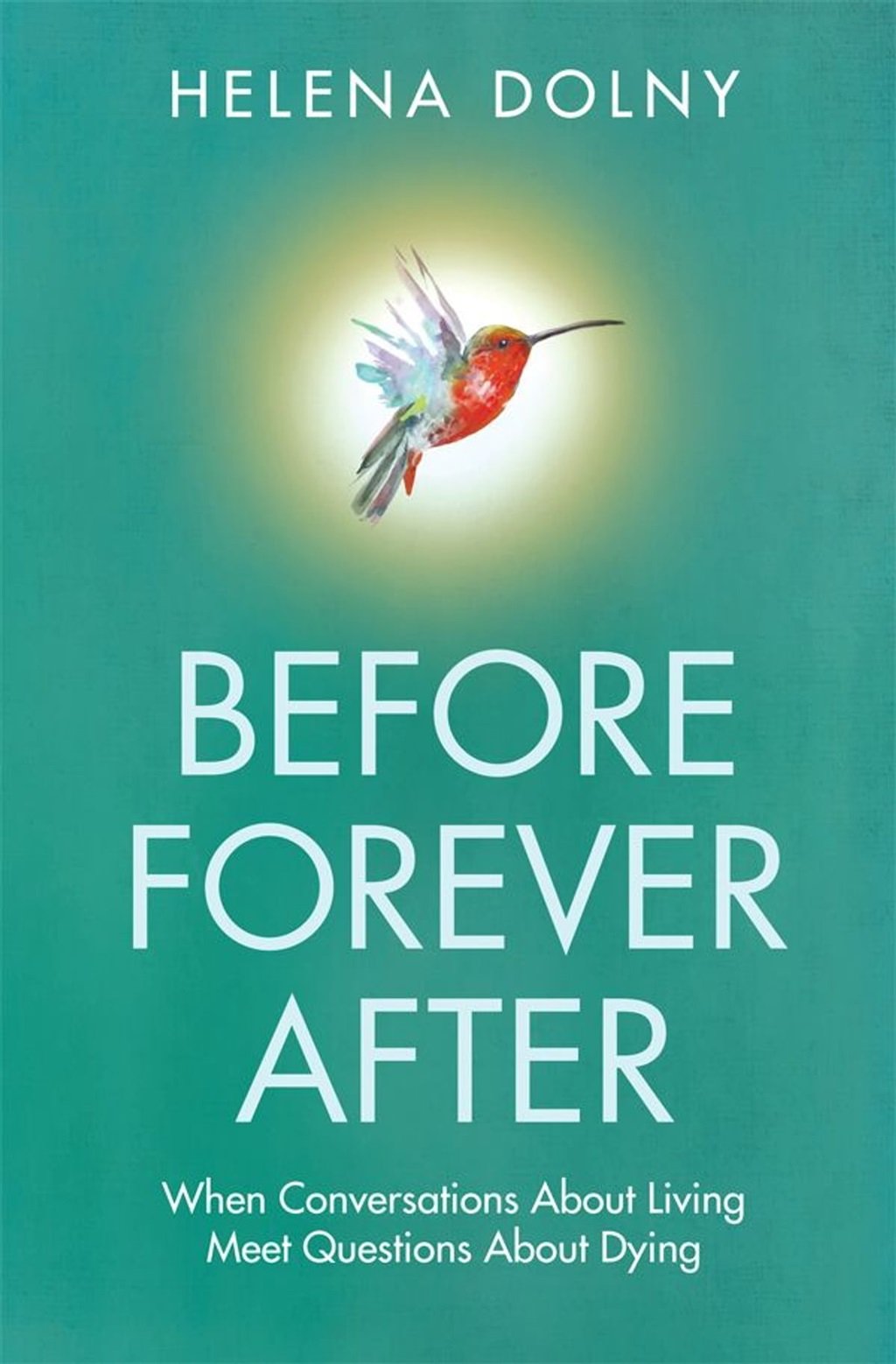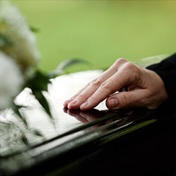
Live by Design is a weekly News24 column by Dr Helena Dolny and Mapi Mhlangu on mortality and the conversations around it.
What rites of passage have you chosen to observe in your life? How might you do things differently if you could turn back the clock and make other decisions?
At the end of last month, I turned 70. Questions arose - whether to celebrate or not to celebrate? Party? Dinner? Or to quietly enter the next decade without a fuss? Maybe it is the echoes of the biblical phrase, "three score years and ten."
I decided that, indeed, the culmination of seven decades felt significant.
I follow the work of a US organisation called School of Lost Borders, whose focus is strengthening the practice of rites of passage in a modernising world where communities disperse, and traditions are not pursued – casually so – without genuinely considering the value of what is being lost.
There are different rites of passage in our lives: our arrival, our passage of puberty into adulthood, from adulthood to elderhood, and finally, from elderhood to death.
Yes, there are other ceremonies, such as betrothal weddings and religious ceremonies, but the five above are linked to the linear physicality of our ageing.
Our arrival: Naming ceremonies are common throughout the world.
People speak of them as providing a celebration of life, a family occasion, carrying the weight of a formal ritual, and an opportunity to pass down cultural values and beliefs to the next generation.
The Catholic baptism ceremony also allows for naming the "godparents," trusted faithful adults who formally make the promise to help the child's parent in their duty as Christian parents.
Jewish tradition for boys also requires them to be circumcised on the eighth day of life (or when they reach five pounds in certain medical circumstances), perhaps drawing on the ancient practices of the Egyptians and Ethiopians.
Maasai elders name a baby very soon after birth, whereas the Wodaabe of Niger will not name a child until it reaches twelve years of age so that the death spirit may not identify the child.
There is such diversity, but the consistency is that it is not ignored.
Puberty as entry to adulthood: There seems to be more awareness of ceremonies for boys rather than girls. Circumcision is so often considered the rite of passage for boys becoming men irrespective of religious orientation – excepting the Jewish faith, requiring circumcision a few days after birth.
When I listen to the ceremonies associated with girls' menstruation, that is when I am most saddened by what we have lost culturally for many urban young girls around the world.
The Ghanian tradition, "Dipo", creates a weeklong retreat with bathing rituals, a special drink and older women sharing their life lessons about sex, womanhood, and well-being. The week ends with a community ceremony, which includes skin decoration and a dance called the "klama." Certain North American Indigenous people have a similar four-day retreat.
In Sri Lanka, the Yamil puberty celebration involves a retreat and then a celebratory gathering with gifts of new clothes and jewellery.
Jewish tradition has a Bat Mitzvah for girls once they have turned twelve. Boys have their Bar Mitzvah after their thirteenth birthday per the Talmud, Numbers 6:2, which indicates age 13 as the age of manhood.
Adulthood to Elderhood: I could not find societal celebratory ceremonies for elderhood. I learnt that the USA sub-divides its older adult population into three life-stage subgroups: The young-old (approximately 65-74 years old), the middle-old (ages 75 to 84 years old) and the old-old (over the age of eighty-five). I learned that there are pockets of people and groups creating opportunities for rites of passage.
For example, I could fly to Los Cabos in México for two nights during the spring solstice and spend R30 000 to participate in "Celebrating the Crone and the Senex".
The hosts offer "rites of passage for women and men ready to embrace their embodiments of Age, Wisdom and Power." I discovered a magazine publication called "Third Act."
I found an organisation called the Centre for Conscious Aging. I guess I am relatively new to elderhood, and now that I'm curious, I'll find my peops.
What is missing for me so far is any formal societal embrace - say, for example, I always notice Chinese elderly doing Tai Chi and their presence in kindergarten photos as assistants.
Elderhood to Ancestry: Including an honourable death.
This is where Mapi and I are trying to consciously write on topics to support all of us, irrespective of our spiritual orientation, to design our lives to secure a dignified departure.
Again, I don't find community examples that lay out a pathway.
Returning to the question, "What rites of passage have you chosen to observe in your life? How might you do things differently if you were able to turn back the clock and make other decisions?"
My early motherhood years were spent in an exile community that did not recognise the importance of and/or make time for ritual. I am sorry that my girls did not have celebratory naming ceremonies.
Menstruation was a "practical" happening, and while I hope they felt enough concern, care, and empathy, I feel my girls missed out on a much richer deeper emotional and spiritual experience of coming of age. I now know of women in my age cohort – more conscious than I of the importance of rites of passage who designed puberty ceremonies for their daughters. Lucky girls!
I cannot turn back the clock. I cannot undo what's done. But, Mapi and I, in our Live By Design – Finish Strong advocacy, hope that through our reflections, we can provoke your reflections and make a difference as to how you choose to live in this world.
Want to read more articles in this series? Click here.
Disclaimer: News24 encourages freedom of speech and the expression of diverse views. The views of columnists published on News24 are therefore their own and do not necessarily represent the views of News24.




 Publications
Publications
 Partners
Partners













